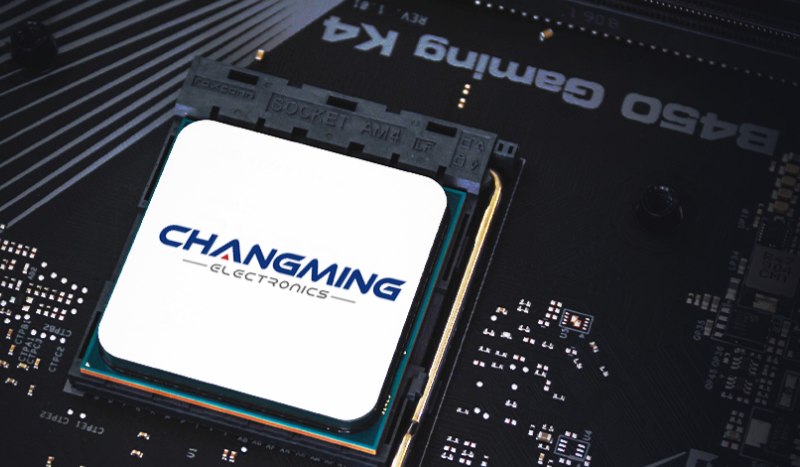In the rapidly evolving world of technology, Integrated Circuits (ICs) have become the cornerstone of electronic devices. From smartphones to sophisticated medical equipment, IC chips are integral components that drive functionality and performance. This blog will delve into the various aspects of IC chips, including their types, procurement processes, and their significance in the realm of electronic components.
What are IC Chips?
Integrated Circuits, commonly referred to as IC chips, are semiconductor devices that combine multiple electronic components into a single unit. These components can include transistors, resistors, capacitors, and diodes, all of which work together to perform specific functions. The miniaturization of these components has allowed for the development of compact and efficient electronic devices, making ICs essential in modern technology.
Types of IC Components
ICs can be categorized into several types based on their functionality and application:
Analog ICs: These ICs process continuous signals and are used in applications such as amplifiers, oscillators, and voltage regulators. They are crucial in audio and video equipment, where signal fidelity is paramount.
Digital ICs: Digital ICs handle discrete signals and are fundamental in computing and digital communication. They include microcontrollers, microprocessors, and memory chips, which are the brains behind computers and smartphones.
Mixed-Signal ICs: As the name suggests, these ICs combine both analog and digital functions. They are commonly used in applications that require both types of processing, such as in audio processing and data conversion.
Power Management ICs (PMICs): These ICs manage power distribution and consumption in electronic devices. They are essential for battery-operated devices, ensuring efficient power usage and prolonging battery life.
The Role of ICs in Electronic Components
ICs are often referred to as the “building blocks” of electronic components. Their ability to integrate multiple functions into a single chip has revolutionized the design and manufacturing of electronic devices. Here are a few reasons why ICs are vital:
Space Efficiency: By consolidating numerous components into a single chip, ICs save space on circuit boards, allowing for smaller and lighter devices.
Cost-Effectiveness: The mass production of ICs has significantly reduced the cost of electronic components, making technology more accessible to consumers.
Reliability: ICs are less prone to failure compared to discrete components, as they are manufactured in controlled environments and have fewer interconnections.
Performance: The integration of components within an IC allows for faster signal processing and improved performance, which is crucial in high-speed applications.
IC Procurement: Navigating the Supply Chain
The procurement of IC components is a critical aspect of the electronics industry. With the increasing demand for electronic devices, the supply chain for ICs has become more complex. Here are some key considerations for effective IC procurement:
Supplier Selection: Choosing the right supplier is essential for ensuring quality and reliability. Factors to consider include the supplier’s reputation, production capacity, and ability to meet delivery timelines.
Quality Assurance: Ensuring that the ICs meet industry standards is crucial. This involves rigorous testing and validation processes to prevent defects that could lead to device failure.
Market Trends: Staying informed about market trends and technological advancements can help procurement professionals make strategic decisions. Understanding the demand for specific IC types can aid in inventory management and cost control.
Lead Times: The lead time for IC procurement can vary significantly based on the complexity of the chip and the supplier’s capabilities. Planning ahead and maintaining good relationships with suppliers can help mitigate delays.
Sustainability: As the electronics industry moves towards more sustainable practices, procurement professionals must consider the environmental impact of their sourcing decisions. This includes evaluating suppliers’ sustainability practices and the lifecycle of the ICs.
Conclusion
IC chips are undeniably the backbone of modern electronics, enabling the functionality and performance of countless devices we rely on daily. Understanding the different types of IC components, their significance in electronic design, and the intricacies of IC procurement is essential for anyone involved in the electronics industry. As technology continues to advance, the role of ICs will only become more critical, driving innovation and shaping the future of electronics. Whether you are a manufacturer, a supplier, or a consumer, recognizing the importance of ICs will help you appreciate the technology that powers our world.



